In the evolving landscape of digital communication, new abbreviations emerge daily. Among the most eye-catching—and often misunderstood—is “BDE.” If you’ve come across this acronym in text messages, tweets, or online forums, you may have wondered: What does “BDE” mean in text? Is it appropriate to use in casual or professional contexts? How do you respond when someone uses it?
This comprehensive, expert-level guide dives deep into the meaning of “BDE” in texting, explores its origins, interpretations, tone implications, and gives you 15 refined alternatives or replies tailored for both informal and formal use.
Let’s unravel the nuance, influence, and etiquette of using BDE in today’s fast-paced digital conversations.
What Does BDE Mean in Text?
BDE stands for “Big D*ck Energy.” While the phrase may sound explicit at first glance, its current usage in digital communication is far less about physicality and more about a confident, secure demeanor.
Polished Definition:
BDE refers to a calm, quiet confidence that doesn’t seek validation. It suggests someone exudes effortless charisma, self-assurance, and composure—without being arrogant, loud, or aggressive.
In other words, “BDE” is not literal—it’s a metaphor. It describes a person who commands respect without demanding it, who walks into a room and quietly radiates power.
Origins of BDE
The term “BDE” surged into mainstream popularity in 2018, primarily through Twitter, after a high-profile celebrity breakup. Users started attributing “BDE” to people who seemed unbothered, confident, and in control—despite chaos around them.
What followed was a viral movement, with users assigning BDE to celebrities, fictional characters, and even brands.
Though its origin lies in a somewhat vulgar expression, its modern adaptation has evolved, shedding most of its explicitness and becoming a personality descriptor instead of a physical reference.
When and Where to Use “BDE”
Using “BDE” in communication depends heavily on tone, audience, and intent. While it has become increasingly common, it’s still considered informal slang and may not suit every context.
✅ Appropriate Contexts:
- Casual group chats
- Twitter/X posts
- Informal blog writing
- Entertainment reviews
- Among friends with shared cultural understanding
🚫 Avoid Using BDE In:
- Workplace emails
- Academic writing
- Client-facing communications
- Interviews or presentations
Why?
Although the slang has grown in use, it still traces back to a not-safe-for-work origin, making it risky in professional or conservative environments.
The Psychology Behind BDE
What makes BDE so universally admired is its foundation in emotional intelligence and self-mastery. People with “BDE” don’t overcompensate, don’t seek validation, and aren’t driven by ego.
Here’s how the concept reflects deeper psychological traits:
- High self-esteem without narcissism
- Empathy and listening ability
- A calm presence in stressful situations
- Unshakable belief in oneself
This is why people associate “BDE” with leaders, mentors, and even quiet students who aren’t loud but always deliver results.
BDE vs. Arrogance: A Critical Distinction
A common misunderstanding is that BDE = arrogance. In truth, the two are opposites in many ways.
| BDE | Arrogance |
|---|---|
| Quiet confidence | Loud boasting |
| Composure | Impulsiveness |
| Doesn’t seek attention | Craves attention |
| Inclusive | Intimidating |
| Calm under pressure | Defensive or reactive |
Understanding this difference is key to using or identifying BDE accurately.
How to Recognize BDE in Action
BDE isn’t just a look or a tone—it’s a pattern of behavior. Here are some real-life examples of “BDE”:
- A speaker who delivers a powerful speech without notes or nervousness.
- A student who helps others succeed without trying to show off.
- A celebrity who handles controversy with grace and tact, not drama.
- A boss who encourages autonomy but is always dependable in crisis.
How to Say BDE Without Saying BDE
If you want to acknowledge someone’s “BDE” or express admiration without using the acronym directly, consider these refined and socially adaptable phrases.
Polite & Professional Alternatives:
- “You carry yourself with remarkable confidence.”
- “You have a powerful presence.”
- “You lead with quiet strength.”
- “Your energy is calm but commanding.”
- “You exude leadership without having to say a word.”
Casual & Friendly Alternatives:
- “That’s some real boss energy.”
- “You’re seriously unbothered—respect!”
- “That was a smooth move!”
- “You handled that like a legend.”
- “Chill confidence on point.”
15 Best Examples of Saying or Replying to BDE Moments
Below are 15 well-crafted responses or statements that express BDE, show appreciation for it, or align with its energy. These are suitable for digital text, captions, or conversations.
Complimenting Someone:
- “Now that’s how you handle things like a pro.”
- “You didn’t even flinch—total BDE move.”
- “You let your actions speak. That’s admirable.”
- “Effortless power. That’s rare these days.”
- “You stayed calm while everyone panicked. Salute.”
Describing Yourself (Confidently):
- “No need to prove anything—I let my work speak.”
- “I prefer moving in silence, not screaming for attention.”
- “I don’t chase; I attract.”
- “Not here to impress—here to express.”
- “I stay grounded, even when the world shakes.”
Responding to Compliments:
- “Appreciate it—I just stay true to myself.”
- “Thank you. I believe calm is a superpower.”
- “I just do me—everything else follows.”
- “That’s how I was raised: results, not noise.”
- “I stay focused. Confidence follows.”
Each of these replies or statements delivers the essence of BDE—without ever needing to spell it out explicitly.
Why Understanding BDE Matters in Modern Communication
Knowing how to recognize, use, or describe “BDE” is part of being a socially intelligent communicator today. Whether you’re networking, tweeting, or texting, the ability to express strength without arrogance is invaluable.
Here’s Why It Matters:
- You build deeper respect with fewer words.
- You learn to read tone better in others.
- You become more strategic in your communication.
- You avoid misusing slang that could lead to misunderstandings.
How to Develop Your Own BDE (Without Being Inauthentic)
You don’t need to force a persona to have BDE. It stems from:
- Self-awareness: Know your values and act in alignment with them.
- Emotional control: Stay calm when others can’t.
- Quiet confidence: Speak when needed—listen more.
- Integrity: Let your words match your actions.
- Consistency: Be dependable over time, not just in moments.
You’re not aiming to impress—you’re aiming to inspire trust and respect by being consistent, composed, and clear about who you are.
Final Thoughts
“BDE” is more than internet slang—it’s a cultural shorthand for people who don’t have to try too hard. In a world of filters, shouty posts, and relentless self-promotion, BDE is a refreshing reminder that genuine confidence is quiet, composed, and impactful.
You now understand what BDE means in text, how to interpret it depending on tone, and how to express it without saying it directly. Whether you’re texting a friend, writing a caption, or complimenting a colleague, choose words that reflect presence over ego—that’s the essence of BDE.


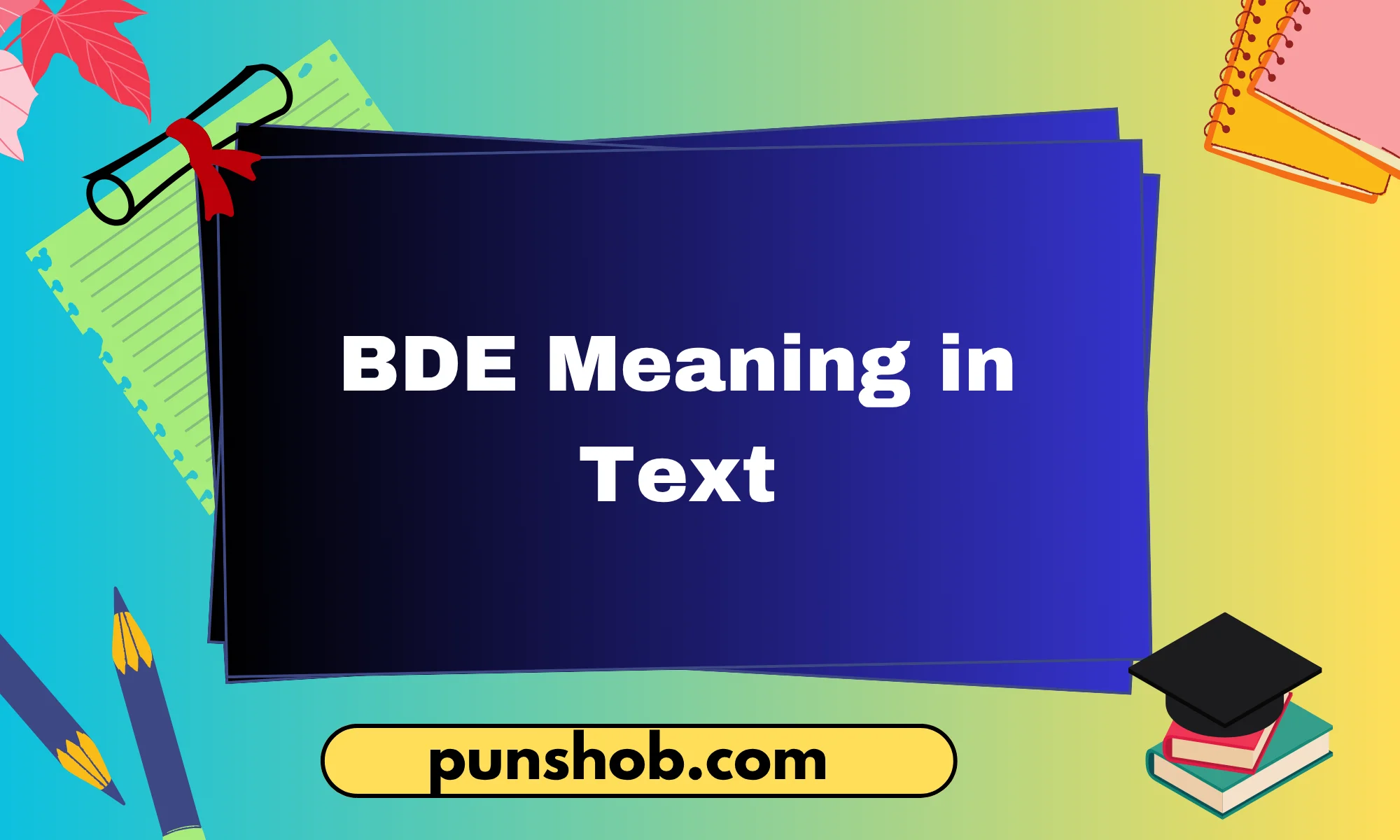
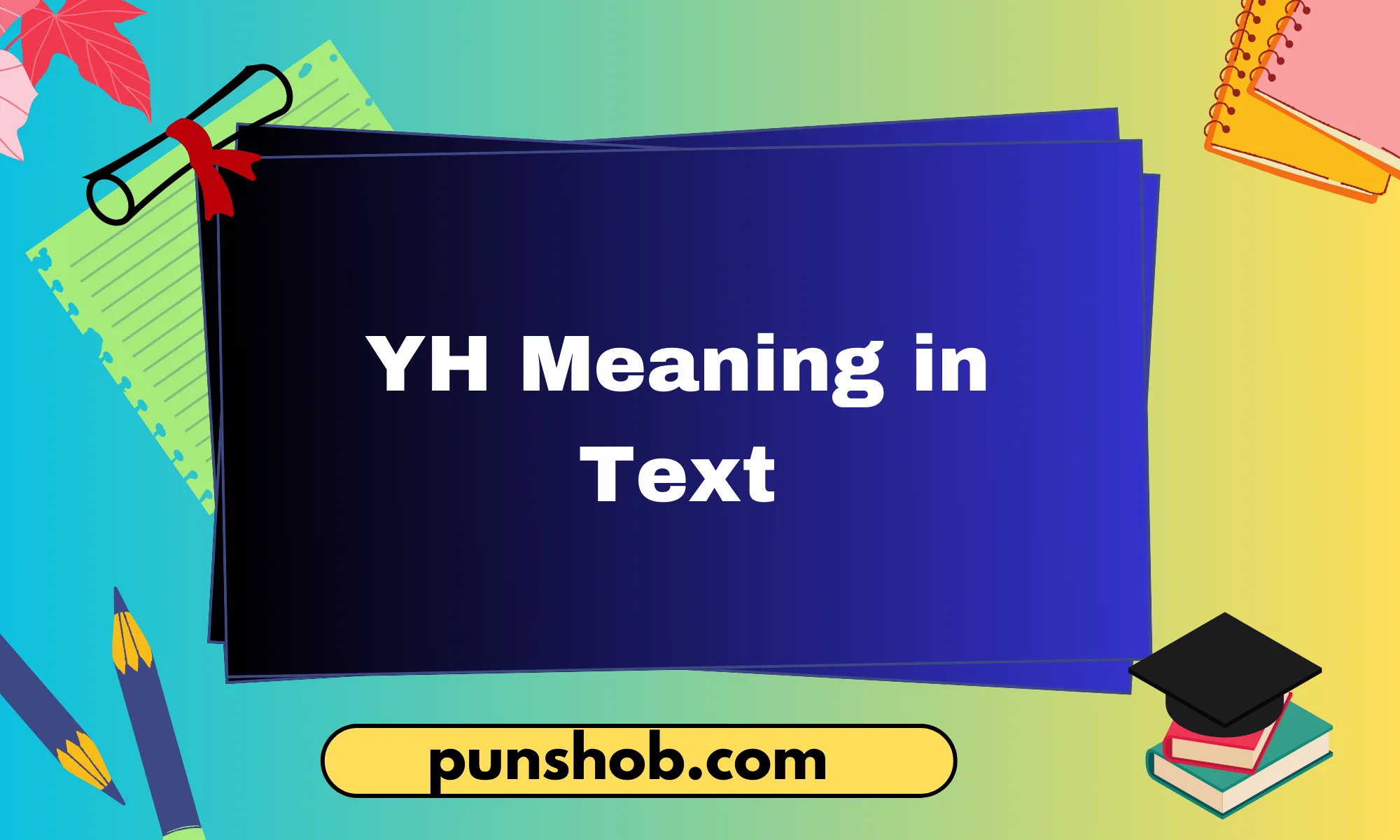
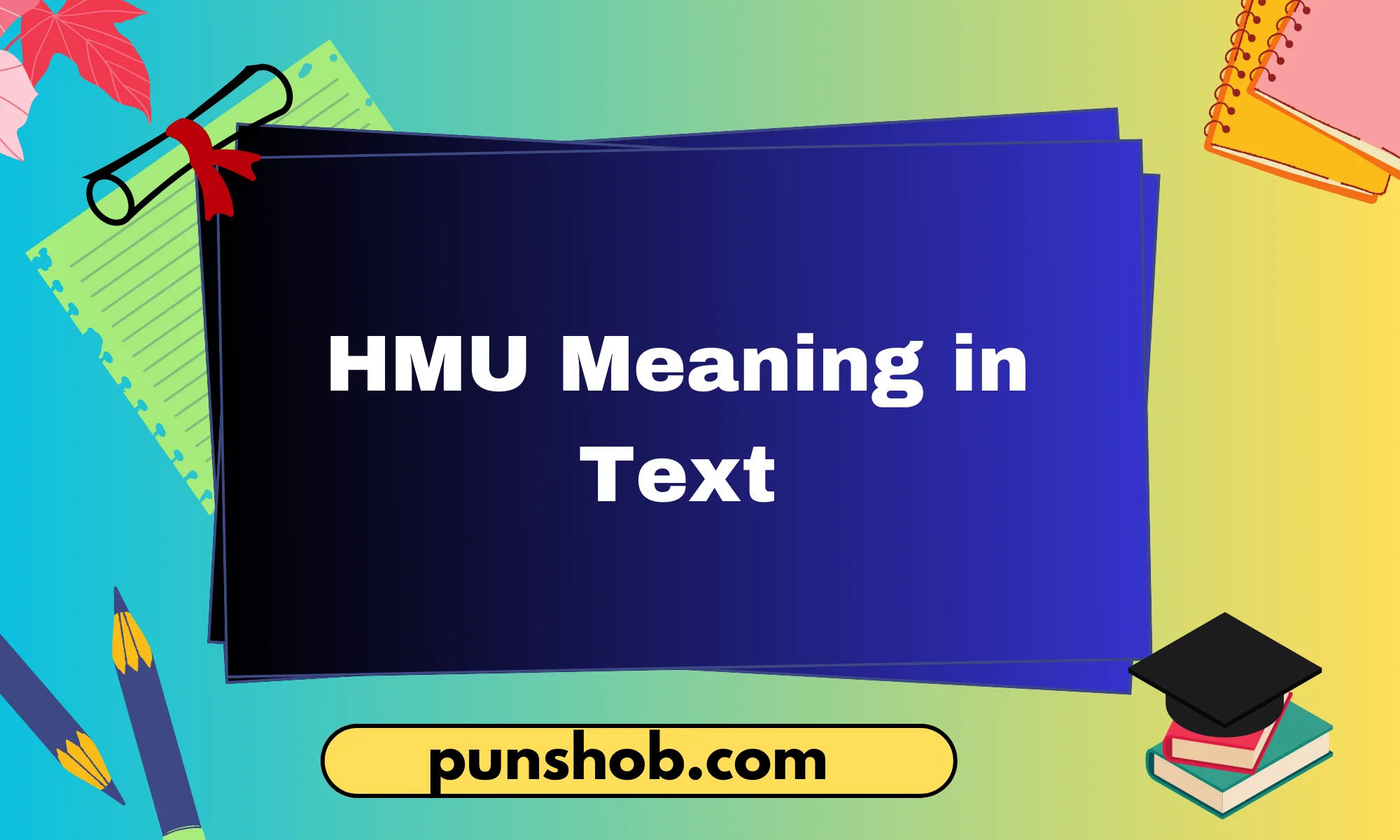
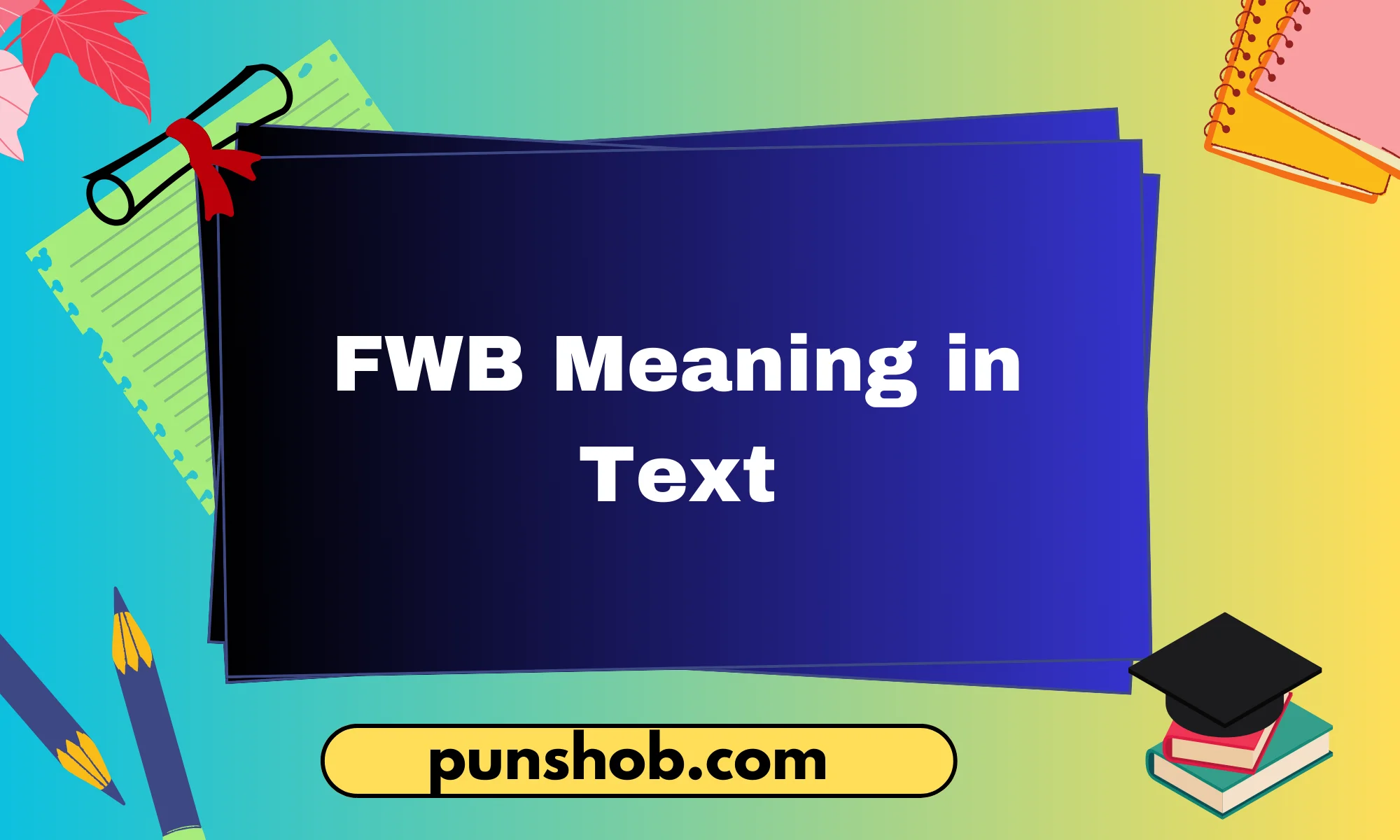
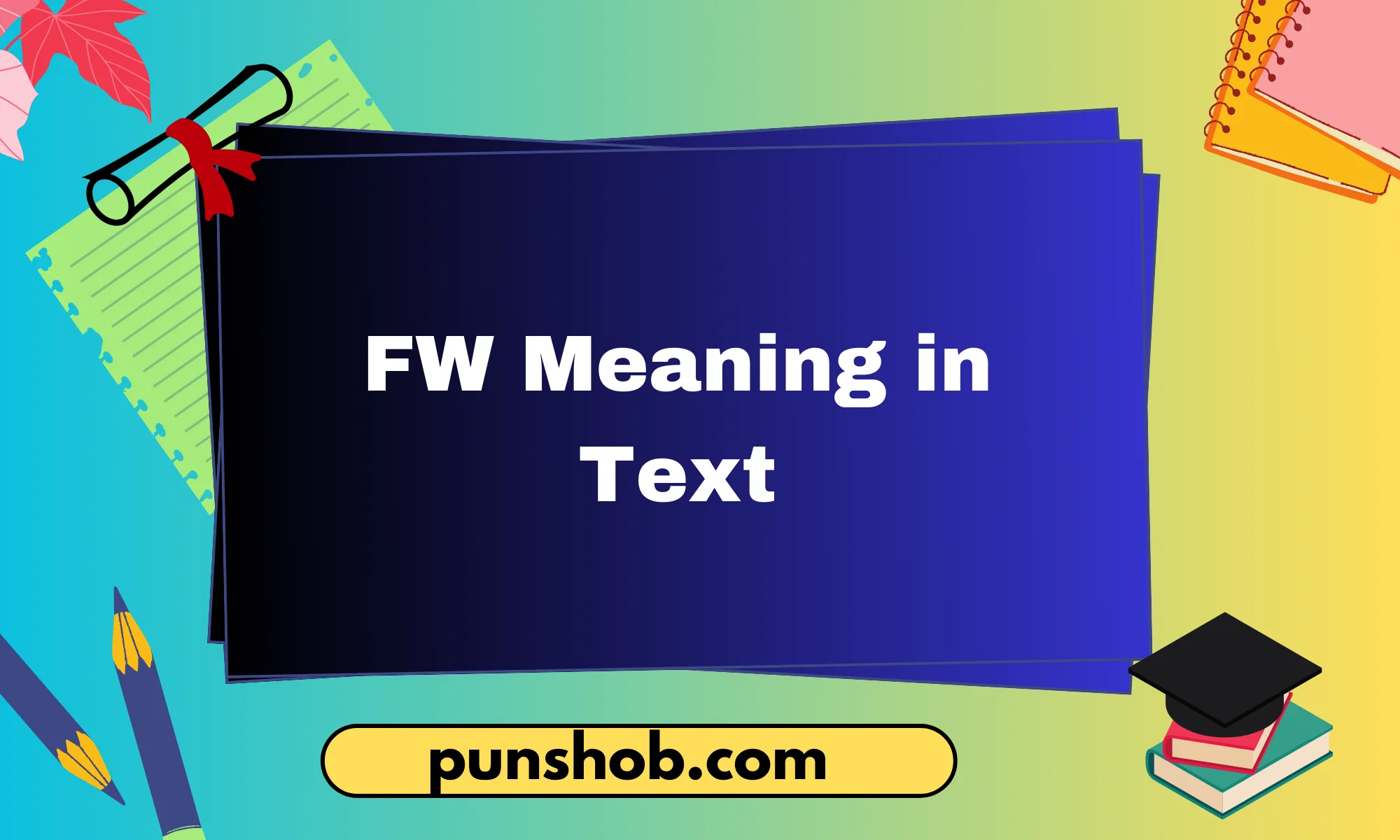
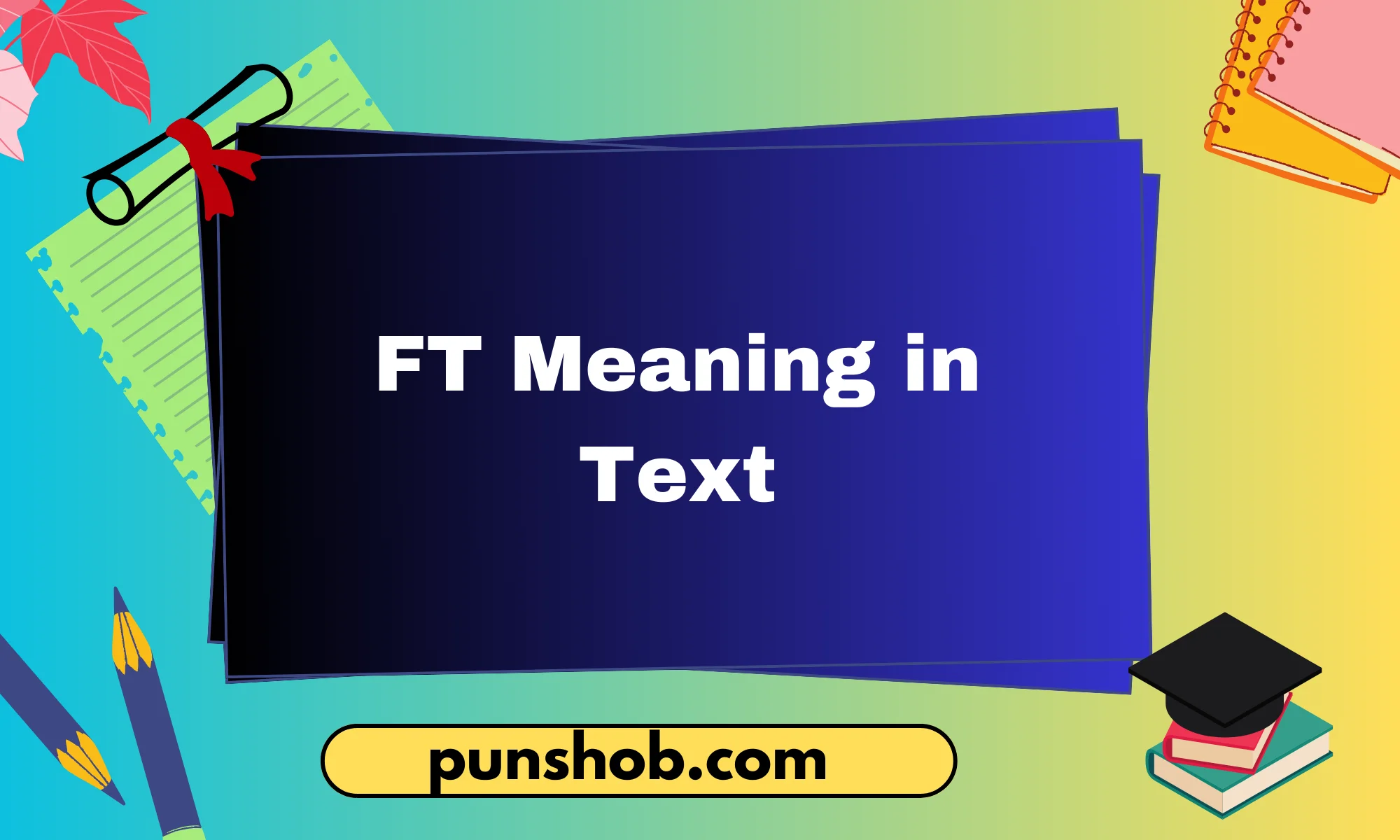
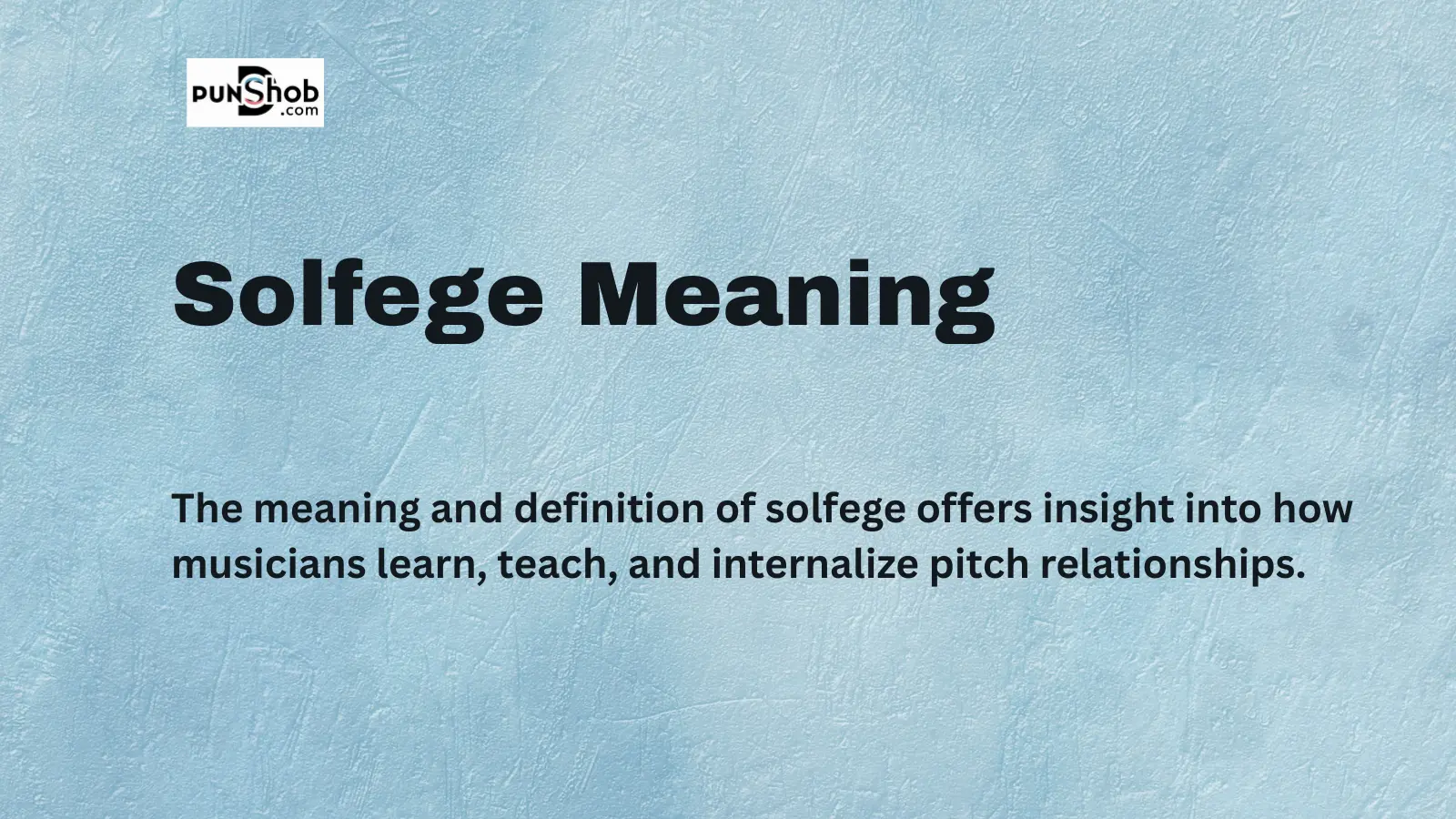

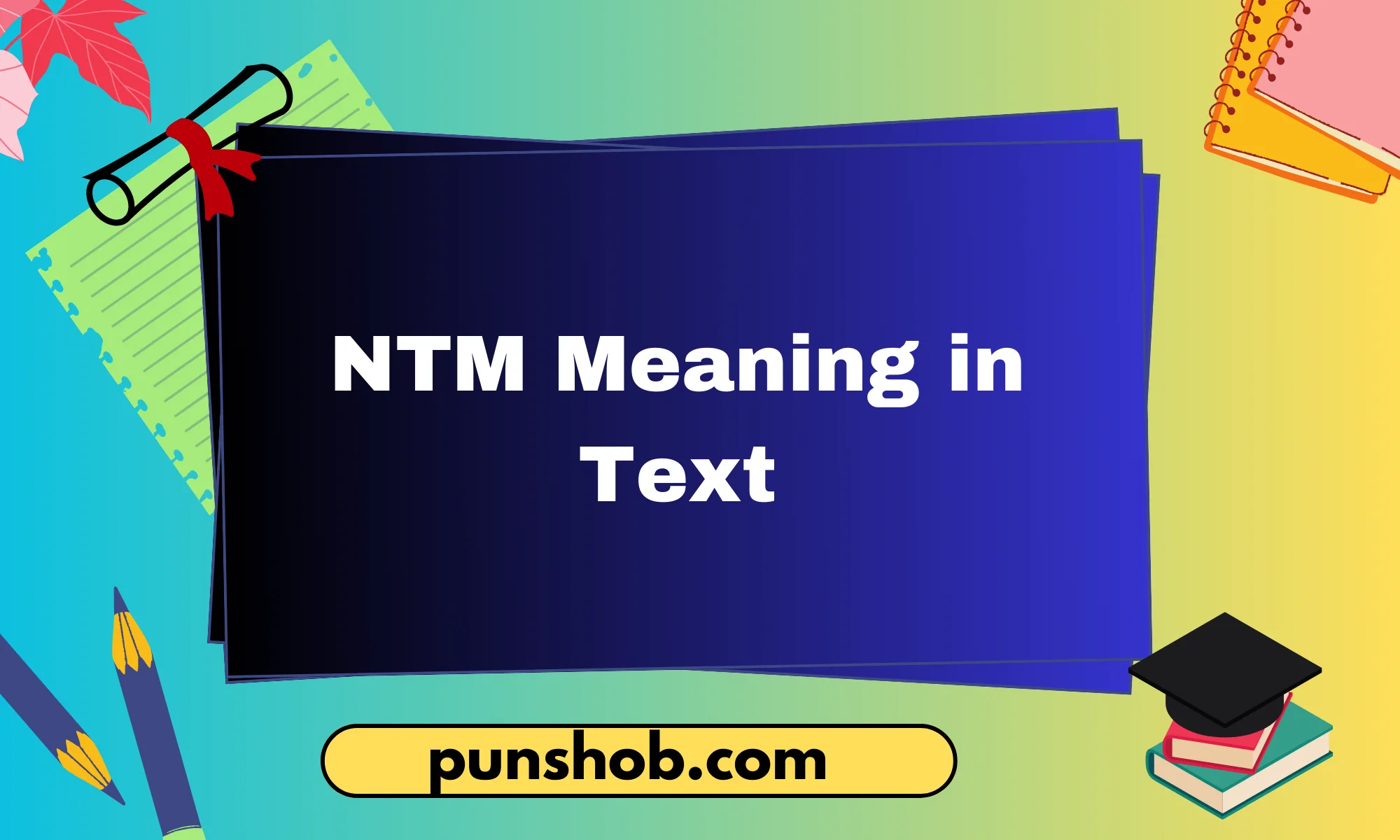
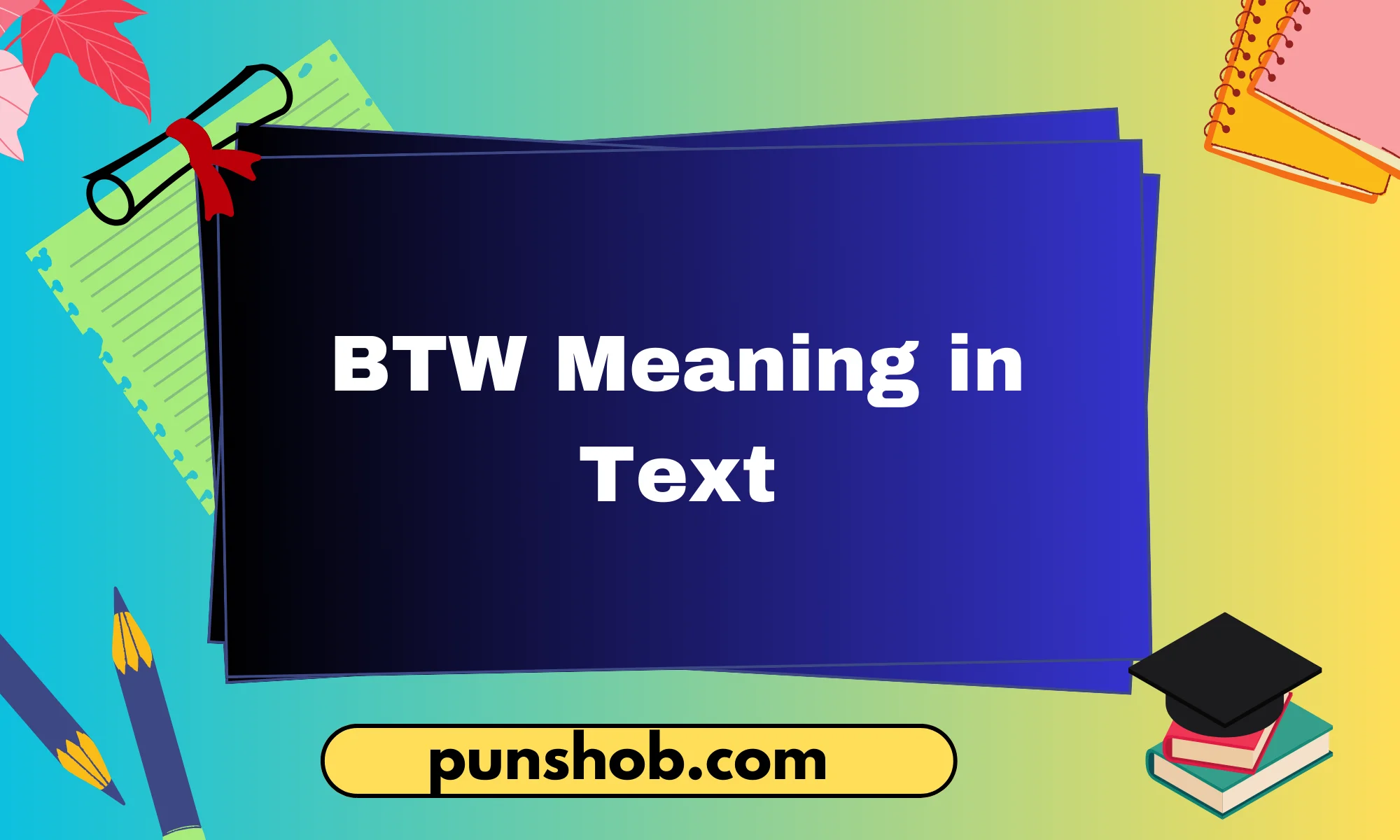
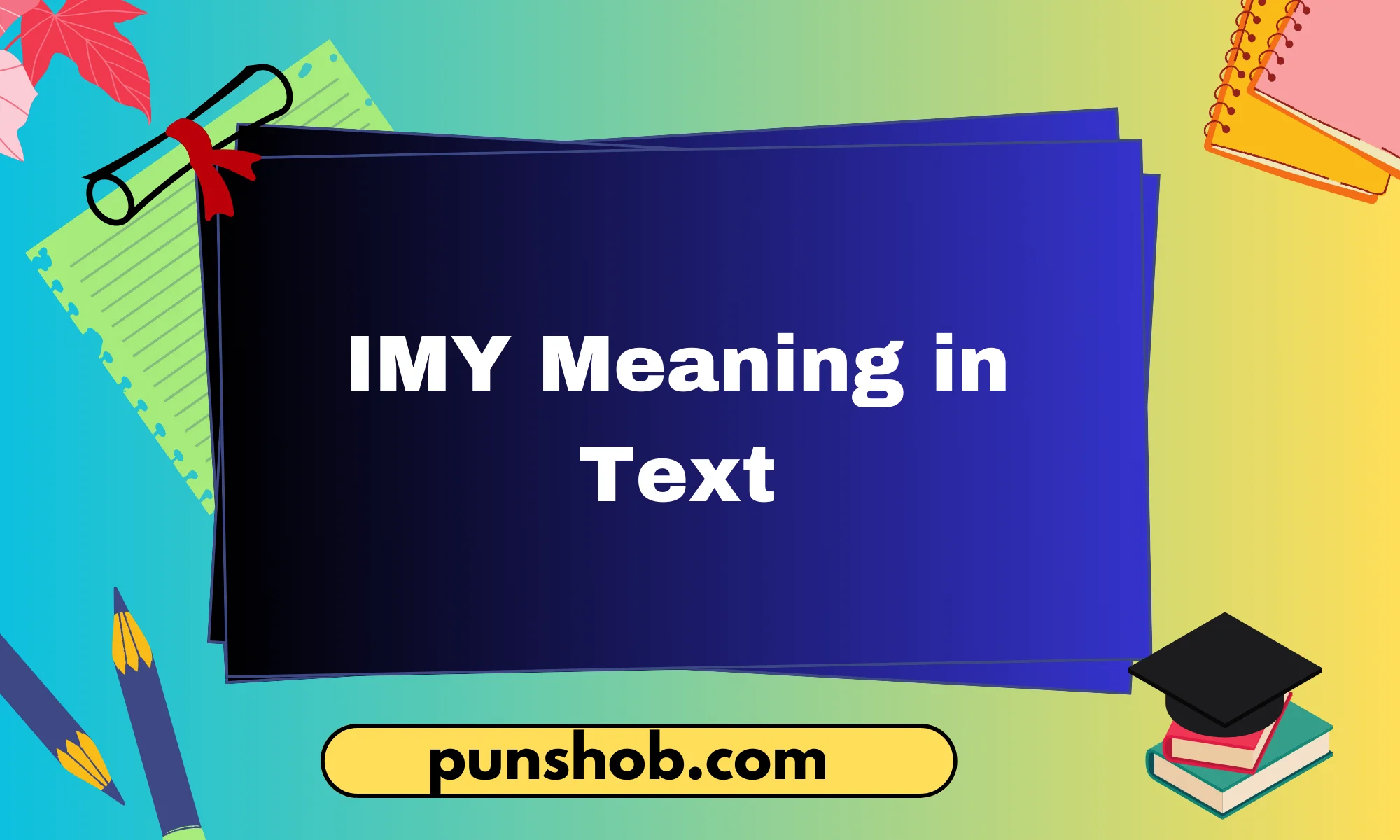
Leave a Reply